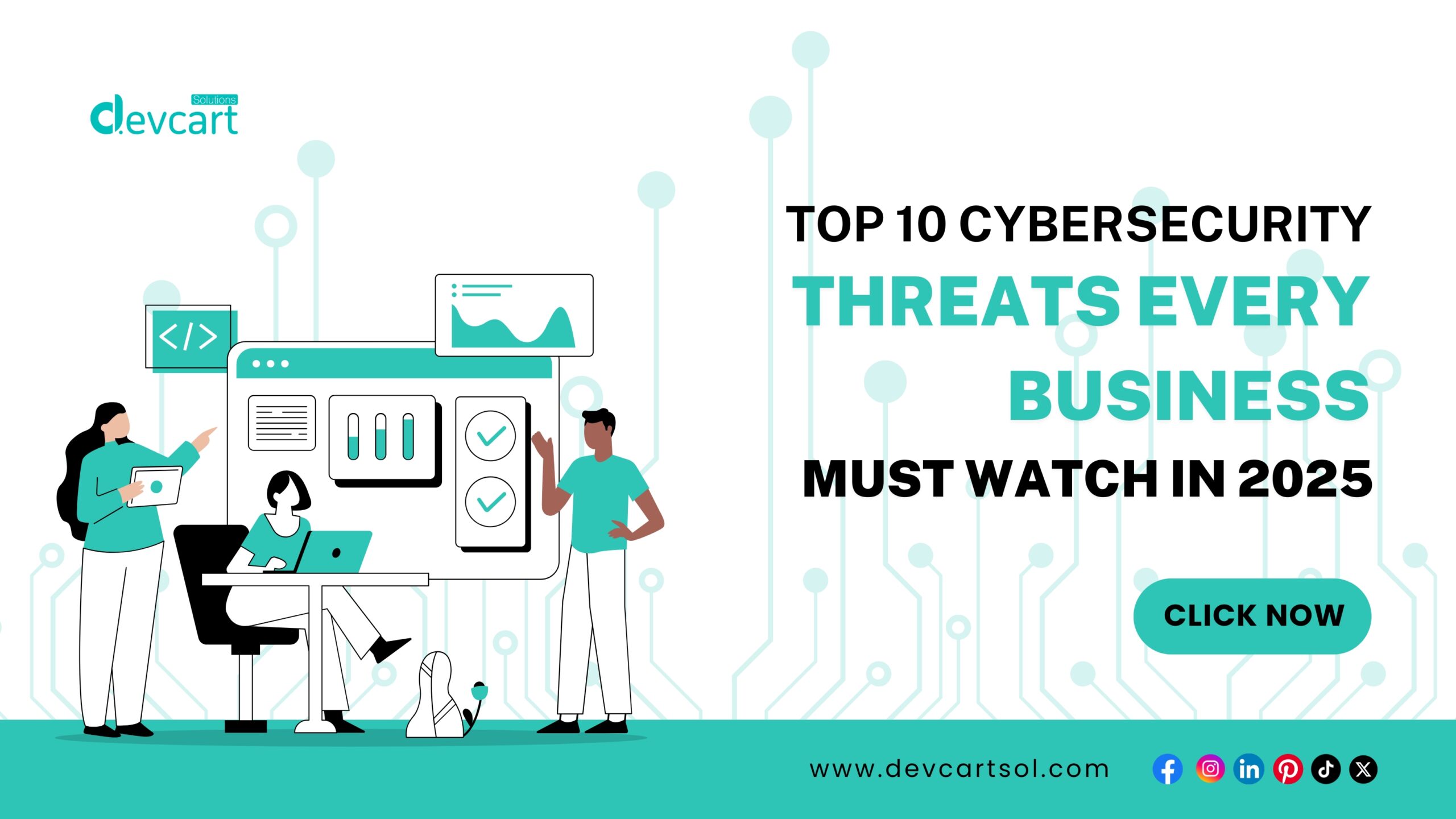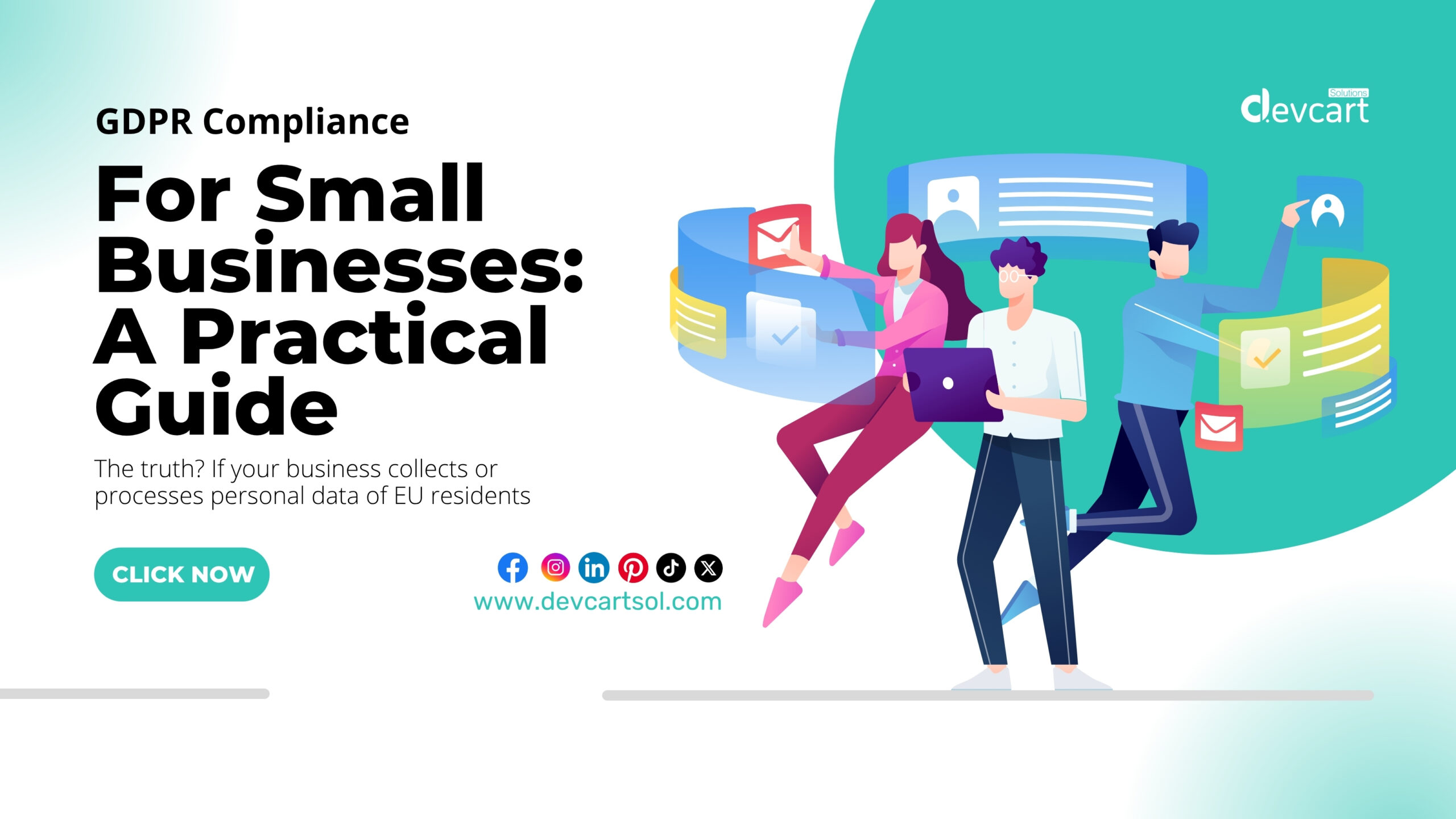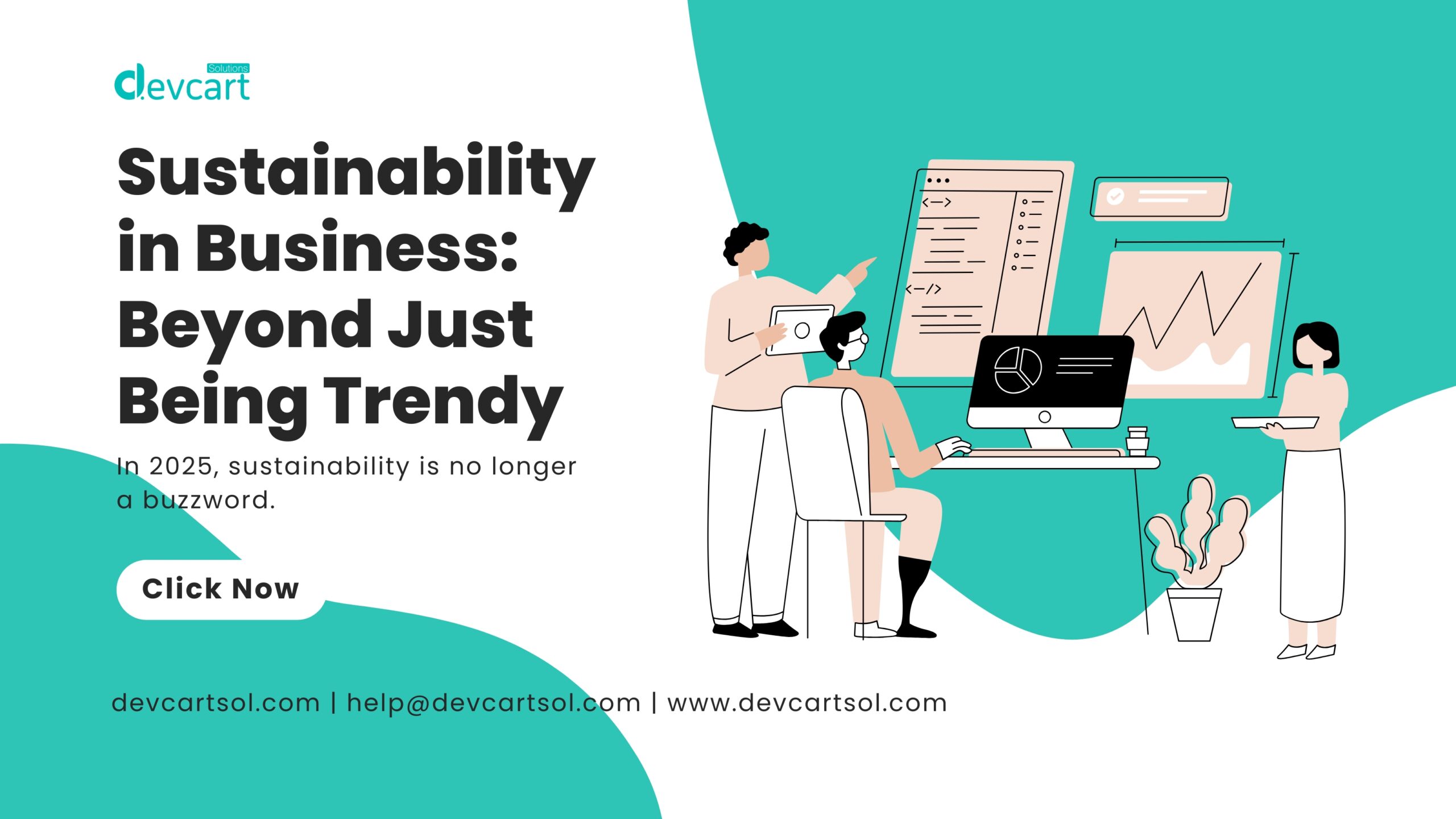In 2025, sustainability is no longer a buzzword — it’s a business necessity. While many companies have jumped on the eco-friendly bandwagon to stay relevant, true sustainability goes far deeper than social media hashtags or green labels. It’s about building long-term value for your business, your customers, and the planet.
If your brand is still treating sustainability as a trend, you’re missing the bigger picture — and possibly falling behind. In this blog, we explore why sustainability matters more than ever and how your business can embrace it with purpose, not just PR.
1. Sustainability Builds Brand Trust
Modern consumers — especially Millennials and Gen Z — are values-driven. They expect businesses to do good, not just look good. Companies that practice real sustainability and back it up with transparency earn long-term trust and loyalty.
🟢 Stat: Over 70% of consumers say they are more likely to support brands aligned with their values.

2. It Future-Proofs Your Business
Natural resources are limited, and regulations are tightening. By reducing waste, investing in clean energy, and sourcing responsibly, you’re not just protecting the planet — you’re protecting your bottom line and ensuring your business can adapt to future demands.
3. It’s a Competitive Advantage
Sustainability is no longer “nice to have” — it’s becoming a key differentiator. B2B and B2C partners increasingly prefer working with environmentally and socially responsible companies. Sustainable practices can open doors to new markets, investors, and partnerships.
4. Real Impact Starts Internally
Sustainability isn’t just about products. It’s about how your business operates:
- Reducing energy consumption in offices and warehouses
- Offering remote work to reduce commuting emissions
- Choosing eco-friendly packaging
- Creating a culture of ethical decision-making
Start from within — your internal practices speak louder than marketing slogans.
5. Greenwashing Damages Credibility
Consumers are smart. They can spot greenwashing — when companies pretend to be eco-friendly without making real efforts. This backfires quickly, damaging reputation and credibility.
👉 Tip: Always back up your claims with data, certifications (like B Corp or Fair Trade), and clear evidence of impact.
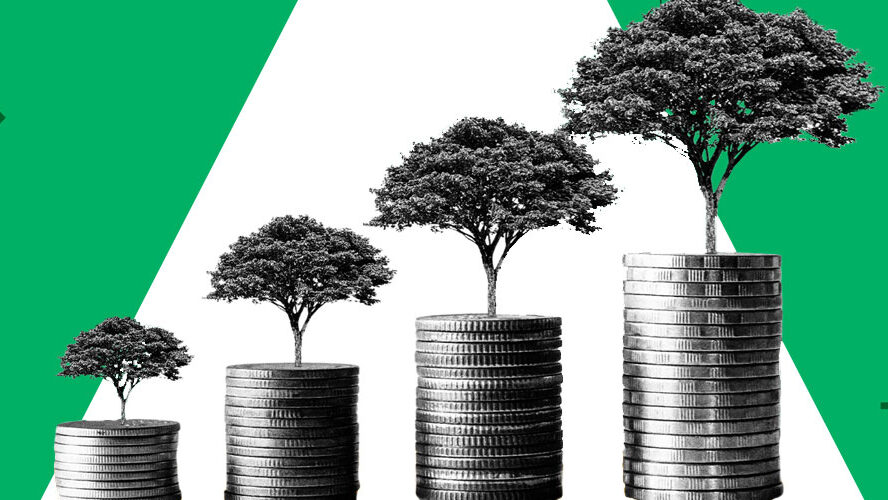
6. Sustainable Innovation Drives Growth
Thinking sustainably often leads to creative solutions. From reusable packaging to circular economy models, businesses that innovate with the planet in mind often uncover new revenue streams and more efficient processes.
7. Your Employees Care Too
Employees want to work for companies they’re proud of. A strong sustainability mission helps attract and retain top talent, especially among younger professionals who prioritize purpose over paycheck.
8. It’s the Right Thing to Do
Beyond business metrics, sustainability is simply a moral responsibility. Businesses have the resources and influence to make real change — from climate action to social equity. Profit and purpose are no longer at odds; they go hand in hand.
9. It Builds Resilience in Uncertain Times
Whether it’s economic shifts, global health crises, or climate disasters, sustainable businesses are more agile and resilient. They rely less on fragile supply chains and outdated systems, allowing them to adapt quickly.
10. It’s a Journey, Not a Destination
Sustainability isn’t about perfection — it’s about progress. Start small, set measurable goals, and be honest about where you are. The businesses that thrive are the ones who stay committed and continuously improve.
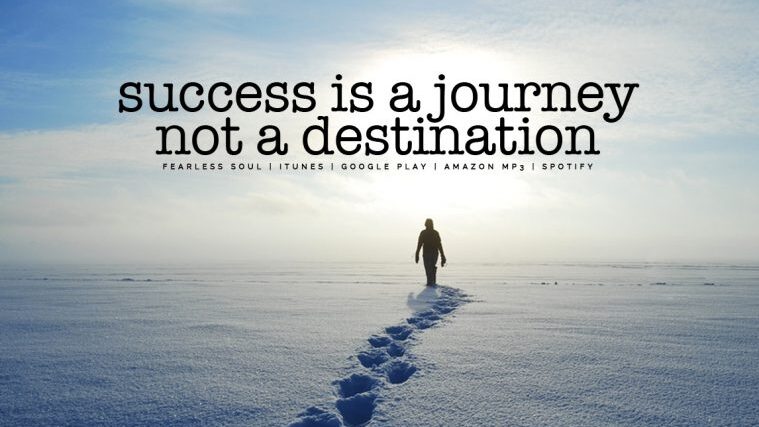
Final Thoughts
Sustainability in business isn’t just trendy anymore — it’s transformational. Companies that take it seriously will win customer loyalty, drive innovation, reduce risk, and contribute to a healthier world.
This is your opportunity to go beyond greenwashing and lead with purpose. Don’t just follow the trend — be the change.



